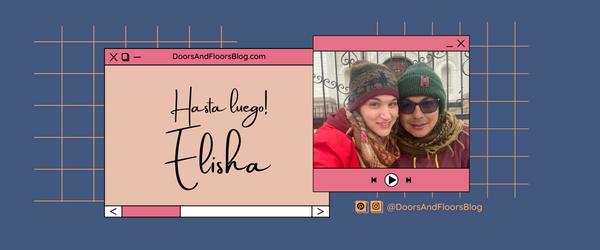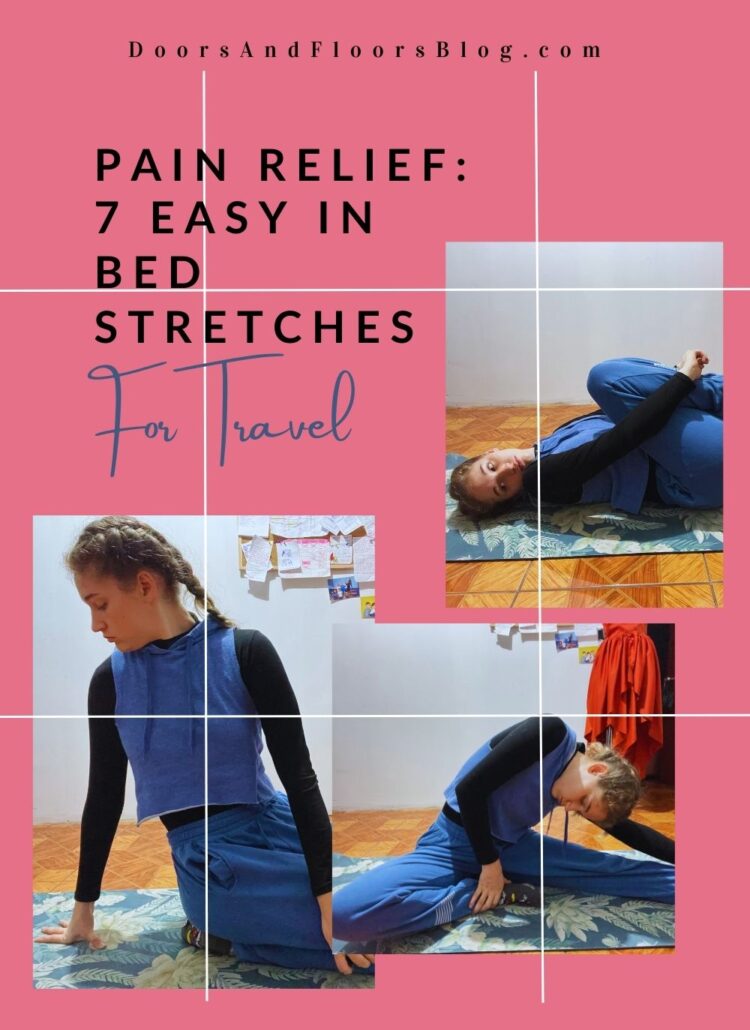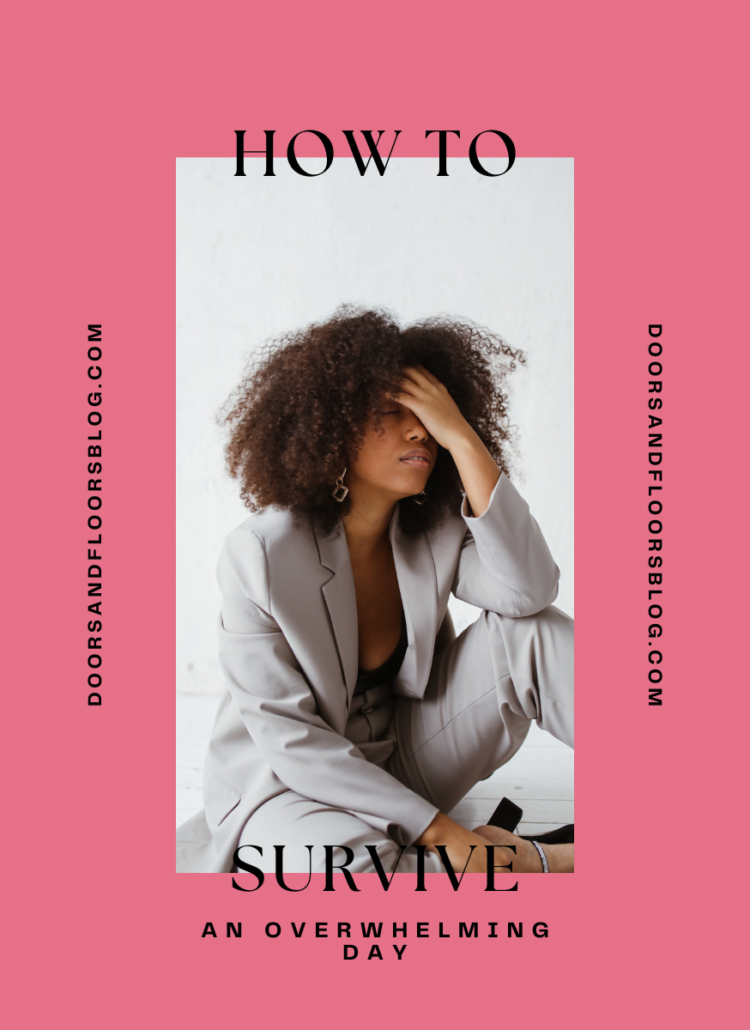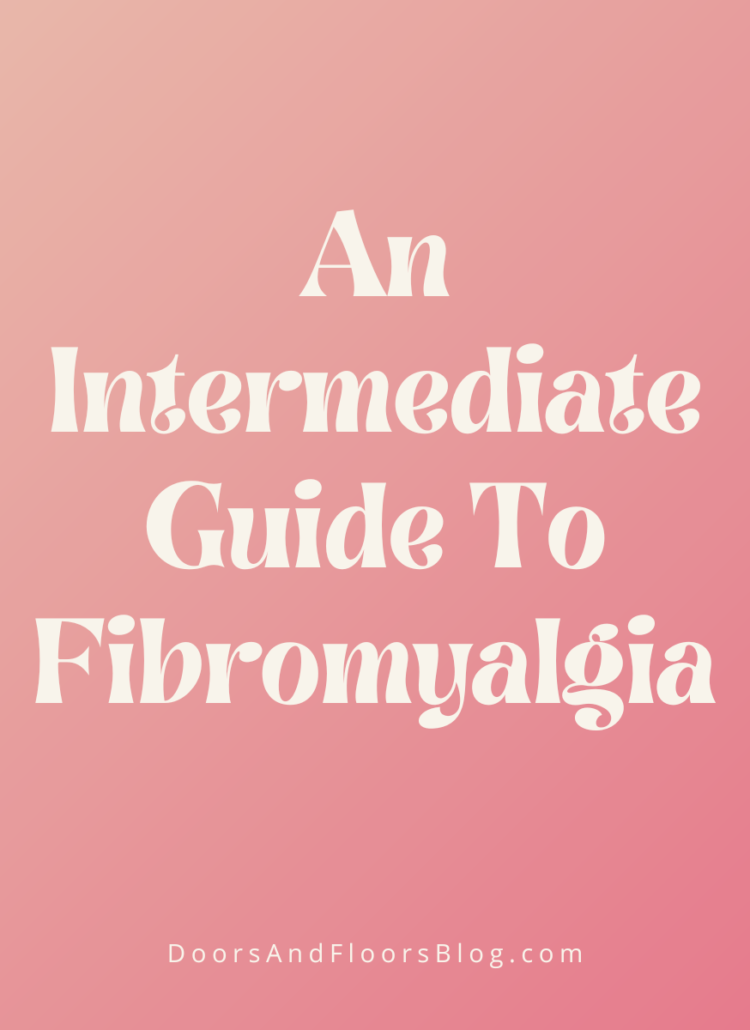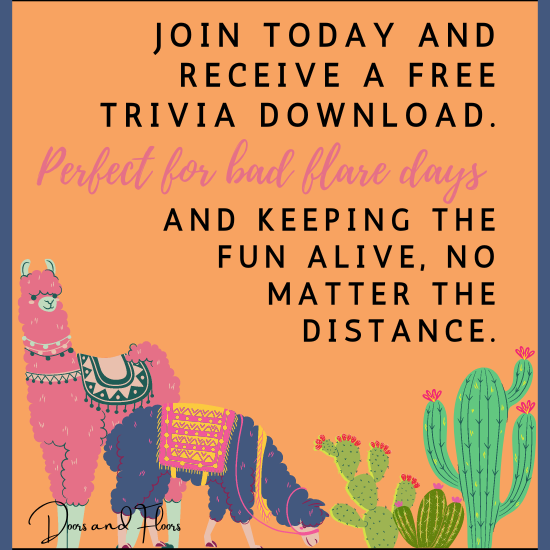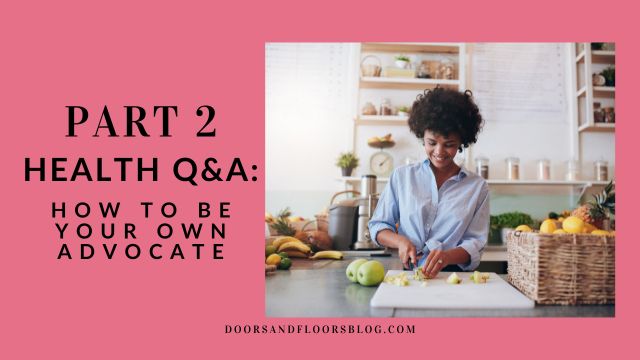
Recently we began talking about the importance of being your own health advocate, and today we’re continuing that conversation. In order to encourage you to begin your own health journey we introduced you to the topic by sharing where it all began for us. You can check out that post here in Part 1: How To Be Your Own Advocate.
In this post, I’m collaborating with my sister JoJo again – Q&A style. Let us know in the comments if any of these questions resonate with you. If you’re just starting your journey to being your own health advocate, we hope this Q&A is useful and helps set you up for success. As the saying goes, “it’s not a sprint, it’s a marathon”.
Now let’s jump in and learn about being your own advocate!
Disclaimer: The information on this blog is based on personal experiences and should not be considered medical advice. The information on this blog is not intended to diagnose, treat, cure, or prevent any disease. Please ask your doctor if you have any questions.
Affiliate Disclaimer: This post may include affiliate links. Please read my disclaimer page for more info.
Question One
Can you explain what it means to be your own health advocate in your own words?
E: Choosing to put YOU first in the medical community, speaking up and fighting for your voice. And being your own biggest cheerleader no matter how the game/life is unfolding in front of you. It involves speaking up for yourself to ensure you receive the best possible care, have access to the resources and support you need, allowing you to make informed decisions.

J: To advocate for yourself you have to be informed. Educate yourself before you see your doctor, so you can actively participate in the conversation about your health. Also, have specific questions ready for your appointment. Maybe even have your own treatment ideas ready to ask about. If you feel like the doctor you’re seeing isn’t listening and hearing you, or only wants to go in a direction you’re not comfortable with, don’t be afraid to fire them and try someone else. (More below on ways that you can educate yourself.)
Question Two
Why is being your own health advocate important to you?
E: Speaking up for myself has helped me to become stronger, both physically and mentally. I am better at setting boundaries and understanding myself. I take care of myself and know my limits. This has enabled me to enjoy my life more fully and to find joy in each day instead of simply living in a bleak painful day-to-day reality.

J: If I didn’t advocate for myself, I would likely:
- Still be in great pain and not feeling my best.
- Would be eating a really bland diet with no real diagnosis. By advocating for myself and doing my own research, I improved my condition. Then I found a new doctor who had a similar philosophy as my own who was able to finally heal my gut.
Question Three
Have you personally experienced a situation where being your own advocate made a significant difference in your healthcare journey?
E: I spent a lot of time going to doctor’s appointments before the age of 18. As a result, I wasn’t always the one to stand up for my health needs, research or find what was best for me. But my mom did. She was always the one looking for a doctor who could offer better care or who she believed may understand my symptoms better or treat me in ways she agreed with. She wasn’t afraid to speak up when she didn’t agree with them.
As a result of growing up in this environment I not only watched her do this for me, I also watched the people around me in doctor’s offices. I noticed how their way of battling their pains and standing up for themselves was different.
All of this taught me how I wanted to live and has helped build who I am today. I’ve walked out of there knowing how to speak up for myself and do my own research. I also learned how to walk away if it isn’t working anymore.
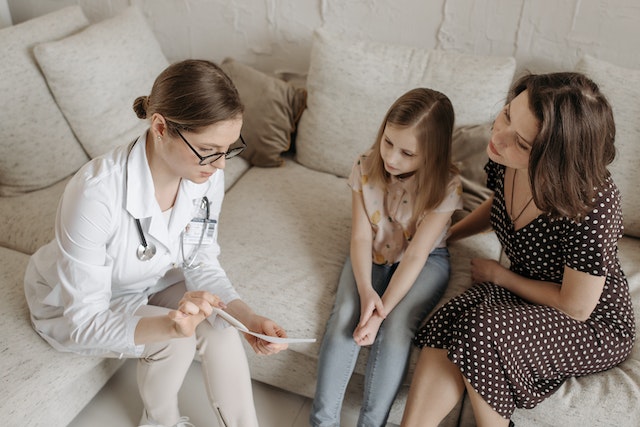
J: Yes! Firing my doctors (GP and GI) was the best thing I ever did. Their only solutions were medications, not actually solving what was wrong with me. Doing my own research and being open to trying different diets and supplements has made a huge improvement in my quality of life. Like Elisha said, at one point our mom was great at this and an inspiration in this regard.
Question Four
What advice would you give to someone who is just starting to recognize the importance of being their own health advocate but feels overwhelmed or unsure about where to begin?
E:
- Start small, and don’t be afraid to take a break if/when you get overwhelmed.
- It’s okay if it doesn’t all make sense. It may not ever. What’s important is that you are starting somewhere and you are always learning.
- And lastly, be your own superhero.
- Don’t wait for someone to swoop in and save the day or for someone to invent the solution to your pain. You understand what you’re going through, meaning you have the best opportunity to find a solution.
- The solution can be vastly different, from playing around with your diet to inventing a new wrist brace or ice pack. Being my own superhero means I don’t have to wait for the next doctor’s appointment. Or for someone to give me the next step. I control my narrative. I can research and test things all on my own.
Be your own superhero. Be your own advocate.

J: Baby steps! Start by researching and reading about your condition and what other people have tried. Or if you don’t have an official diagnosis, you can start by researching symptoms.
Word of advice on symptom searching: take it all with a grain of salt, because it’s a slippery slope on the internet and all symptom rabbit holes seem to tend to lead to cancer and/or death. 😂
Although, if I personally had never symptom-searched I would have never figured out that I developed GERD after my food poisoning.
One night I ate a bowl of spicy pasta and I thought I was having a heart attack. Symptom searching is what opened my eyes to what was wrong with me. It was also upsetting because at that point I had been suffering for some time and no doctor had even suggested GERD as a possibility.
When I go down my research rabbit hole, I read a lot of medical studies (mostly on pubmed/NIH). Do I understand all of them? Of course not! But the more I read them, the more pieces I pick up, and the more I understand. You can teach yourself anything if you put your mind to it. There are also helpful resources that explain how to understand a medical study and if the study is well designed for clinical endpoints. Spoiler alert: a lot of them aren’t.
Also, trust your gut! You know your body and your condition. There are many incredible doctors out there, but there are also many who are not as educated on your specific condition as you are and don’t have your lived experiences.
I think we can all agree something we learned from COVID is that the experts aren’t always right. I think there’s something to be said for natural remedies that you can likely figure out on your own (such as grounding or even magic mushrooms for depression).
Many people try to chalk up supplements as pseudo-science, but there’s research happening in these areas, and many of them have more of an effect than originally thought. Use caution with any supplements because they can have powerful effects and even can cause interactions with medications. Consult your doctor if you’re unsure.
Question Five
Can you discuss the role of technology, such as health apps and online resources, in empowering individuals to be their own health advocates?
E: Technology is good in that it can help connect you with people who have similar experiences as you. In real life, I have never met someone with the same disease as me. On the internet, I can find people who understand what I’m going through. This can be comforting to know you’re not alone.
As far as resources and using the technology available to us, I recommend some of the following:
- For one, the ability to research and simply Google anything. Not having to rely on other people to explain everything to you is an invaluable tool.
- Bouy Health, while I wouldn’t rely on this for a diagnosis, it can point you in the right direction.
- I wanted to play with it and see how accurate it was so I put all my symptoms into their search engine. I received a prediction/diagnosis that I had Fibromyalgia. Had I not already known I had that, this prediction/diagnosis could have empowered me to walk into my doctor’s office and ask them to do some tests and work towards finding a treatment.
- I especially love that their slogan is “When something feels off, Buoy it.” Simply because I think it helps you to be aware of what’s going on in your life. If you’re going to be your own advocate, you need to be attentive to how you’re feeling. If something feels off, look into it. It’s not natural to always feel tired or in pain. Even if your doctor says that it is. Don’t believe them.
- Finally, tracking your own symptoms. Whether in a spreadsheet, in a notebook, or by downloading our sheet here, is incredibly valuable in that it gives you a baseline and evidence.
- It’s one thing to say, “I don’t sleep much,” it’s another thing to actively track it and be able to present that at a doctor’s appointment, or to refer back to in your own research.
- By tracking you can also begin to look for and eliminate triggers. Do you always get a flare after lunch? Maybe look at what you’re eating or how you’re sitting. Does your body feel better after a walk? Keep notes!
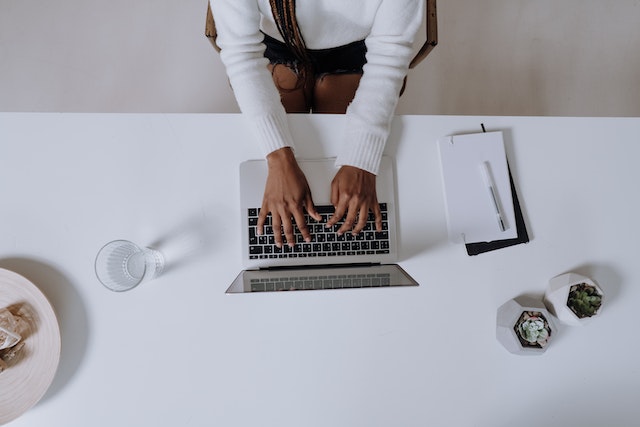
J: Technology has helped me in many ways.
- I can research things myself on the internet and Twitter/X. I find Twitter/X to be very useful in giving me directions to focus my research.
- Podcasts! There are many about every health topic under the sun. One of my personal favorites is Huberman Lab because he does a deep dive into the medical research surrounding different topics and he’s very thorough.
- I see my Functional Medicine doctor virtually on Zoom via Parsley Health.
- I don’t personally participate in any groups, but you can find lots of people with similar health issues in Facebook groups, Twitter/X, and on Reddit.
I am sure if you choose to be your own advocate, this decision will drastically change your life as it has ours. Let us know in the comments what health technology you recommend, we’d love to chat!
If you liked this post, come check out some of these other ones!
- 10 Practical Things To Do To Manage Chronic Pain
- How To Make The Most Of Your Vacation When Traveling With Chronic Pain
- Experience A Different Quality Of Chronic Pain Life Abroad
P.S. If you’re looking for an activity you can do on a bad flare day and from bed or with your long-distance friends, download our free trivia here.
Playing trivia is a great way to still participate in fun activities with your friends and family without ever leaving the comfort of your bed. And it helps you keep your long-distance relationships growing!
Be sure to check out the free Trivia by clicking here!
